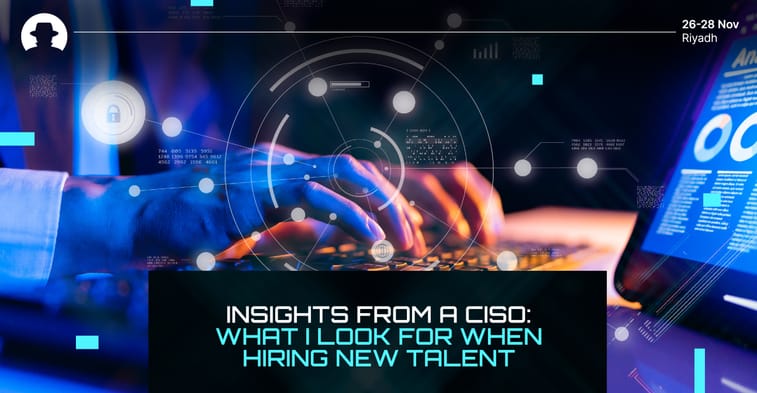
When privacy creates blind spots: the exploitation of privacy-first tech
New research reveals how privacy-first technologies are creating fraud blind spots, as AI-driven attacks scale faster than detection capabilities.
Read More
Hiring cybersecurity talent is one of the major challenges faced by CISOs across the industry. Reaching the right people, developing an attractive job proposition, and then retaining those people long-term is essential for the effective running of any cybersecurity team – and when the demand for cybersecurity professionals outstrips the supply, it’s not easy to make sure your team is equipped with the right skills at all times.
We asked Max Imbiel (CISO at Bitpanda) what he looks for when hiring in the crypto security space – and what he thinks any cybersecurity professional with an interest in fintech or cryptocurrency should learn.
Here’s what he told us.
“There are of course multiple dimensions to this task of hiring talent:
“So for me the person behind a profile is always more important than just the skills and certifications.”
“It is of course a plus if you can speak the language of our business. But I also believe that if you are willing to learn the ins and outs of it, you can do so best on-the-job.”
“So if you want to work in crypto or fintech, rest assured, at some point in time it will be necessary to be audited and under very strict regulatory requirements.
“This will result in a lot of documentation, establishments of defined processes, risk assessments on new developments, strict rules etc.
“This will be of course beneficial and needed for these companies to grow into the mature financial institute they want to become. But it will be different from a tech startup where enterprise decisions can be made quick and dirty.”
“Most certainly right now it is DORA, the Digital Operational Resilience Act which is coming into effect for (almost) all financial institutes in the whole European Union on January 17th 2025.
“DORA introduces a lot of regulatory compliance requirements for boosting and adhering the resilience of a financial institute, and by doing so EU-wide and enforcing it also on the IT-suppliers of a financial institute, it will serve as a formidable blueprint in actually improving and strengthening the resilience of our European financial markets.”
“Events like Black Hat MEA are highly valuable for us security professionals, learners, beginners and leaders – because they provide us with this dynamic and unbiased environment where we can talk, exchange, share and learn from and with each other. I highly value events like this and encourage everyone to join them to their best capability.”
Thanks to Max Imbiel at Bitpanda. Join us at Black Hat MEA 2024 to learn directly from the world’s leading cybersecurity experts.
Join the newsletter to receive the latest updates in your inbox.

New research reveals how privacy-first technologies are creating fraud blind spots, as AI-driven attacks scale faster than detection capabilities.
Read More
Cybersecurity founders share how Black Hat MEA helps them test ideas, prove product value, and grow their business.
Read More
Cybersecurity is now a leading barrier to financial innovation. New research explains why fraud, legacy systems and risk are slowing payments progress.
Read More